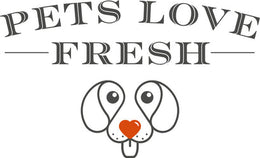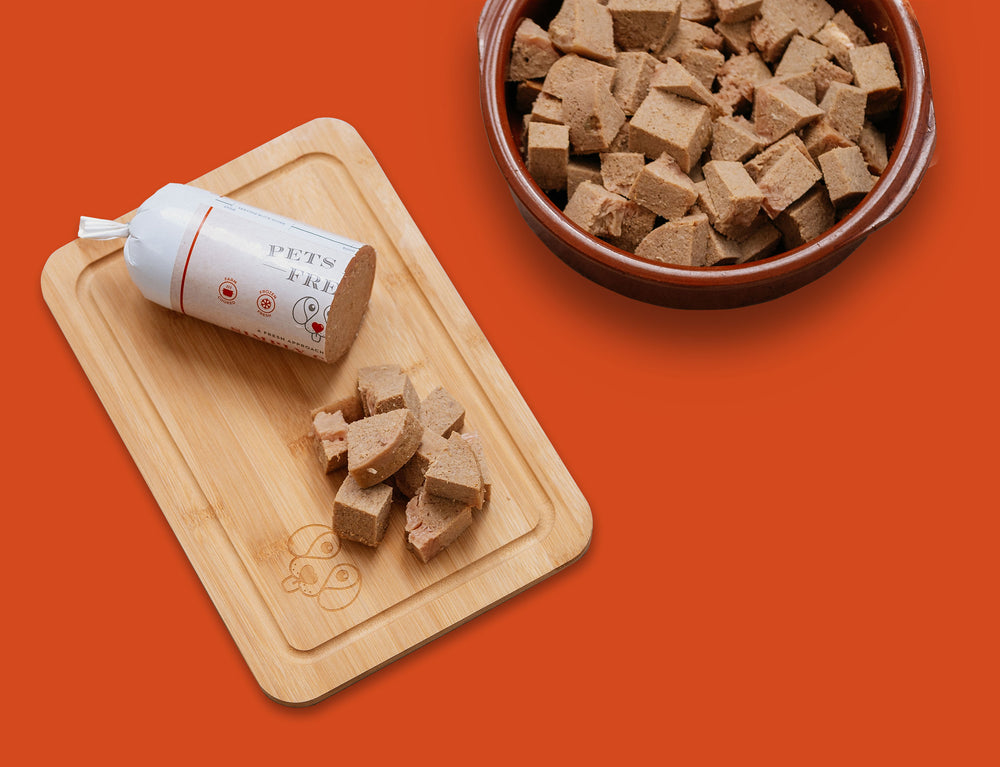Leaky Gut Syndrome In Dogs
What is Leaky Gut Syndrome in dogs? Leaky Gut is a relatively new medical term used to describe a multitude of issues associated with changes in the lining of the gut wall. Essentially, leaky gut syndrome in dogs is exactly what it sounds like: the walls of the intestines become porous – more porous than they ought to be. Some veterinary professionals are calling Leaky Gut a growing epidemic. Epidemic or not, it’s something all pet owners should be aware of.
Is Leaky Gut Syndrome In Dogs Dangerous?
Should you be worried about leaky gut syndrome in your dog? In a word, yes. In dogs with a leaky gut, substances that would normally pass straight through the intestines ‘leak’ through the gut wall and enter into the body’s bloodstream. This can include large particles of food, bacteria, debris and toxins, which in turn has a negative impact on the overall health of your dog.
Symptoms Of Leaky Gut Syndrome In Dogs
You might be asking yourself ‘how can I tell if my dog has leaky gut syndrome?’ Common symptoms include:
- Weight Loss
- Vomiting
- Frequent diarrhoea
- Flatulence / bloating
- Joint issues
- Skin irritation
- Bad breath
- Fatigue / lethargy
What Causes Leaky Gut Syndrome In Dogs?
It’s hard to pinpoint exactly what causes Leaky Gut Syndrome in dogs. Some cases are associated with intestinal infections or trauma to the abdomen. It can also be due to exposure to toxins such as pesticides. Other ‘quieter’ causes include long-term use of medication (especially antibiotics), stress and a highly processed diet.
How To Heal Dog Leaky Gut
The best way to heal a leaky gut in your dog is to look at the problem holistically. Not only do you need to focus on your dog’s diet and gut microbiome, you need to examine your lifestyle choices and ensure he or she isn’t exposed to any harmful toxins in the environment.
Improve Your Dog’s Diet
To heal leaky gut, diet is key. A poor diet can lead to poor gut health (long-term bacterial imbalance in the gut), which contributes to the slow creep towards leaky gut syndrome. One way to boost the amount of good bacteria in their gut is to give your dog a varied diet with plenty of fibre. Many supermarket kibbles are highly processed, lack fibre and contain synthetic preservatives, additives and colours.
Fresh dog food has a lot more fibre in it than standard supermarket kibble. Try cutting up some cooked or raw vegetables such as carrots, beans, pumpkin, sweet potato and sprouts and adding it to their food bowl.
Explore our probiotic dog food range as an easy way to support your dog's gut health.
Alternatively, you could try Pets Love Fresh, a custom-made high fibre dog food specifically developed with a dog’s optimal gut health in mind. We use fresh, human-grade natural ingredients including eggs, brown rice, farm fresh meats, cranberries and seaweed cooked at a low temperature to retain as many nutrients as possible.
Probiotic & Prebiotic Supplements
Dog-specific probiotics, and prebiotics, can help improve your dog’s overall gut health. We advise you to speak to your vet to find the best one for your dog. Although probiotics and prebiotics have been proven to be beneficial to the gut, they are a short-term fix. Ultimately, the best way to ensure your dog has a healthy gut is to feed them a healthy and balanced diet.
Reduce Stress
Stress plays an important role in gut issues. It’s a good idea to do whatever you can to reduce the things that make your dog feel stressed. Causes of stress in dogs can include over-exercising, boredom, loud noises or having unfamiliar people in the home. It’s also important to allow your dog plenty of rest to keep stress levels low.
The Importance Of Good Gut Health
Here at Pets Love Fresh, we understand the importance of good gut health.
Our high fibre dog food is made with high levels of quality British meat and eggs, plus organic brown rice, seaweed and vitamins and minerals for digestion and nutrition.


